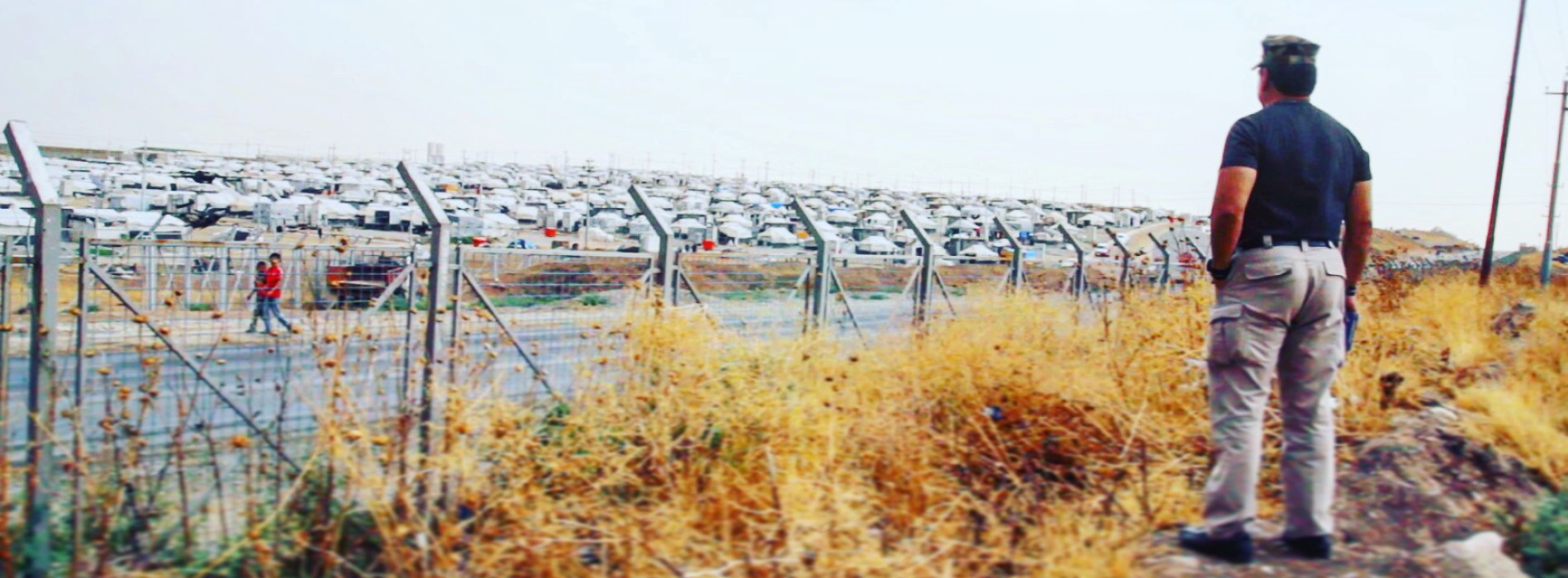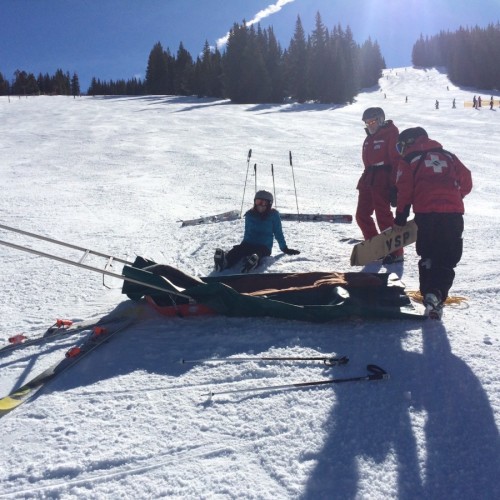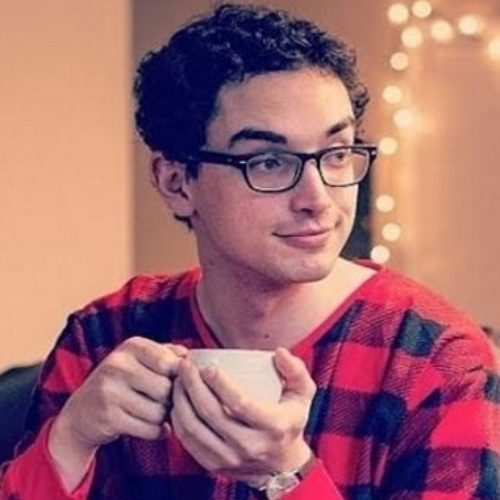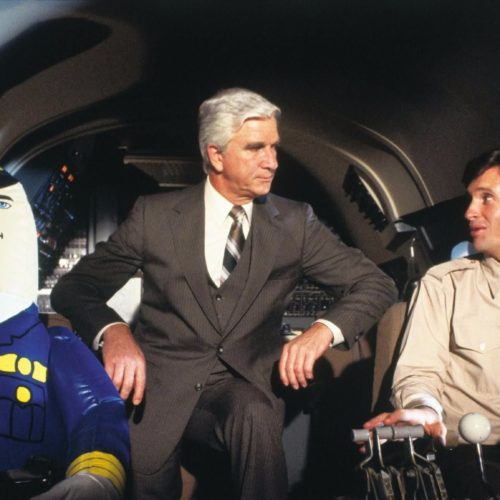This Veteran saw first hand our disastrous foreign policy. Now he’s telling the story.
“The Longest Road:” a Documentary on the Iraqi Refugee Crisis
According to the UN Refugee Agency, 533,824 refugees have arrived in Europe by sea in 2015 alone. This refugee crisis made headlines around the world, but those numbers are less than half of the estimated 2 million people displaced by ISIS. In fact 950,000 people, many from Christian and Yazidi minority groups, fled to the northern region of Iraq, autonomously controlled Kurdistan.
For veterans like Richard Campos, this was proof that American foreign policy had failed. As a sergeant in the US Army who participated in the Iraqi invasion, he had personal experience with the sacrifice that many soldiers made in an attempt to bring peace and democracy to the region. In fact his friend’s son, Mark Taylor, an Army medical doctor, died in 2004 when a bomb exploded where he was stationed in Fallujah. Mark’s death led Richard to return to Iraq with a new mission, a mission of hope for the Iraqi people and a mission of healing for veterans struggling to find meaning in the outcome of the Iraqi war.
Richard started a non-profit organization called International Veterans Alliance to provide humanitarian assistance to regions like Iraq, giving over $1 million worth of medical supplies to date. With the rise of ISIS, Richard felt that more needed to be done, and he returned to Iraq with a group of fellow veterans to film the story of the Iraqi and Syrian refugees who have gathered in the last safe area of the region.
The resulting documentary, “The Longest Road,” is about the Christian and Yazidi refugees who have fled to the Dahuk and Erbil refugee camps in northern Iraq. (see trailer below)
Jennifer Salcido, one of the film’s co-directors, described the purpose of the film, “[It] isn’t about advocating for war. Instead, we’re hoping to cause a shift in foreign policy to help Kurds protect and care for other minorities that have come to the region.”
Much of the film is dedicated to telling the stories of the people who have fled ISIS, professionals like doctors and engineers who watched their country fall apart once ISIS invaded. “We now know that going into Iraq did not work,” explained Jennifer. “We did not take a lot of things into consideration, like the power struggle between sects, religions, and tribes - especially the historical treatment of minority groups. Taking Sadam Hussein out and leaving a weak Shia government in his place, one that continued to repress minorities like the Christians and Yazidis, just changed the players, not the problem.”
Now these minority groups are fleeing land that has been theirs for centuries, land which has shrines, churches, and other significant religious sites for both religions. Interestingly, it is their ties to this land that keeps many of these refugees in Kurdistan and contrasts their plight with the Muslim refugees fleeing to Europe. Jennifer gives an example of these people’s answers when asked if they will continue on: “They don’t want to go any farther because they don’t want to leave their native land. Instead they ask, ‘Why should we have to leave our land to these foreign fighters? These ISIS terrorists who are from Saudi Arabia, Tunisia, Chechnya, Jordan, Libya, and other countries?’”
Many are also staying in the hope of reuniting with family after being separated when fleeing from ISIS. It is estimated that 3,000 Yazidi women are still missing and thought to still be held captive by ISIS as sex slaves and servants. Another problem is that, traditionally, Yazidi people cannot return to their religion after converting to another, meaning that many Yazidi do not want Yazidi orphans to be brought up by other religious groups. Until a place can be found in the displaced Yazidi community, many orphans are being cared for in orphanages. One such orphanage in Dahok, run by Dr. Nemam Ghafouri, has 280 children under its care.
“The Longest Road” hopes not only to share these stories, but also to do something to ease the suffering of these people. According to Jennifer, many of the refugees did not want to speak to the film crew because they have seen so many journalists come to get a story, but not directly help. The purpose of “The Longest Road” is to help.
With the crew of the film paying their own way for multiple trips to and from the region, the all-volunteer crew wants 100% of proceeds from the film to go to the refugees. International Veterans Alliance hopes to purchase two ambulances – one for the refugee camp in Dahok and the other to the Kurdish Peshmerga Militia fighting to protect the region from ISIS. The rest of the funds will go toward buying much needed supplies for the camps and the Dahok orphanage.
With the movie opening in film festivals in early 2016, the crew of “The Longest Road” hopes to deliver the ambulances and supplies on their next visit in March 2016, when they will also host screenings of the films for the refugees in both the Erbil and Dahok camps. When asked why this matters, Jennifer responded, “We say that we will never again allow another genocide to occur, but these people are being killed just for their beliefs. If we don’t do something as an international community, as human beings, their blood will be on our hands. If we don’t stand with the Christian and Yazidi people our children will look back and say we should have done more.”









